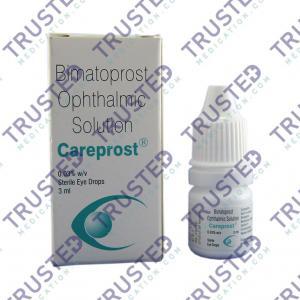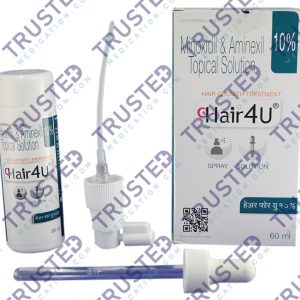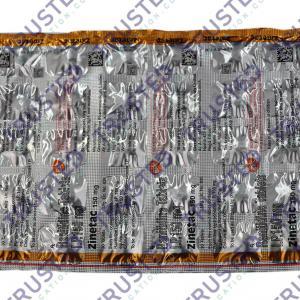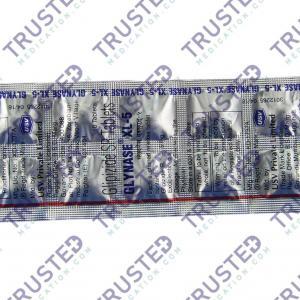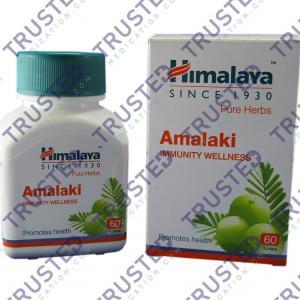
Our skin, the body’s largest organ, is not only a protective barrier but also a potential battleground against various infectious agents.
Skin infections happen when the skin gets infected with various pathogens including bacteria, viruses, fungi, and parasites. They can be uncomfortable, painful, and even embarrassing, but understanding what causes them and how they spread can help you take steps to prevent them.
Types of Skin Infections
There are three main types of skin infections:
1. Bacterial Skin Infections: These infections are caused by bacteria that enter the body through cuts, wounds, or other breaks in the skin. Common bacterial skin infections include:
· Cellulitis
· Impetigo
· Folliculitis
2. Viral Skin Infections: Viral skin infections are caused by viruses that enter the body through direct contact with an infected person or contaminated surfaces. Common viral skin infections include:
· Warts
· Herpes simplex
· Shingles
3. Fungal Skin Infections: Fungal skin infections are caused by fungi that thrive in warm, moist environments. Common fungal skin infections include:
· Athlete’s foot
· Ringworm
· Yeast infections
· Jock Itch
· Onychomycosis
4. Parasitic Infections: Parasites such as mites (scabies) or lice can infest the skin, causing intense itching and discomfort.
What causes skin infections?
Skin infections can be caused by a variety of factors, including:
- Bacteria, viruses, or fungi enter the body through cuts, wounds, or other breaks in the skin
- Contact with contaminated surfaces, such as towels, clothing, or bedding
- Touching or having close contact with an infected person
- Poor hygiene, such as not washing your hands regularly or not showering frequently
- A weakened immune system, can make it harder for your body to fight off infections
What are the symptoms of skin infections?
The symptoms of skin infections can vary depending on the type and severity of the infection. However, common symptoms include:
- Redness, swelling, or warmth in the affected area
- Pain or tenderness in the affected area
- Itching, burning, or stinging sensations
- Blisters, pustules, or ulcers
- Crusty or scaly skin
- Fever, chills, or fatigue
How does skin get infected?
Skin infections occur when bacteria, viruses, or fungi enter the body through cuts, wounds, or other breaks in the skin. They can also occur when you come into contact with contaminated surfaces or infected people. Various other factors may also increase your risk of developing a skin infection includes:
· Poor hygiene
· Compromised immunity
· Exposure to infectious agents
How is skin infection treated?
Treatment for skin infections depends on the type and severity but may include:
- Topical Medications: Antibacterial, antifungal, or antiviral creams or ointments can help eliminate the infection and relieve symptoms.
- Oral Medications: In severe cases or when the infection is widespread, oral antibiotics, antifungals, or antivirals may be prescribed.
- Home Remedies: Using warm compresses, keeping the affected area clean and dry, and avoiding scratching to encourage healing and relieve discomfort.
Fungal skin infections can be treated with over-the-counter antifungal creams, powders, or sprays.
Viral skin infections, such as warts and herpes simplex, typically require antiviral medications.
Prevention of Skin Infections
Preventing skin infections involves taking steps to keep your skin clean and healthy. Here are some tips to help you prevent skin infections:
· Regularly wash your hands with soap and water.
· Use antibacterial soap when showering or bathing daily.
· Clean and cover any cuts, wounds, or fractures in the skin.
· Don’t share towels, clothing, or beds with others.
· Use safe sex to avoid viral skin illnesses like herpes simplex and genital warts.
· Use breathable, moisture-wicking garments to avoid fungal skin infections.
· Use antifungal powders or sprays in areas prone to fungal infections, like feet and groin.
Skin infections can be uncomfortable, painful, and embarrassing. But understanding their causes and how they spread helps prevent them.
To reduce the risk, practice proper hygiene, keep your skin clean, and stay away from contaminated surfaces or infected persons. If you develop an infection, seek medical attention right away to ensure proper treatment and avoid complications.

